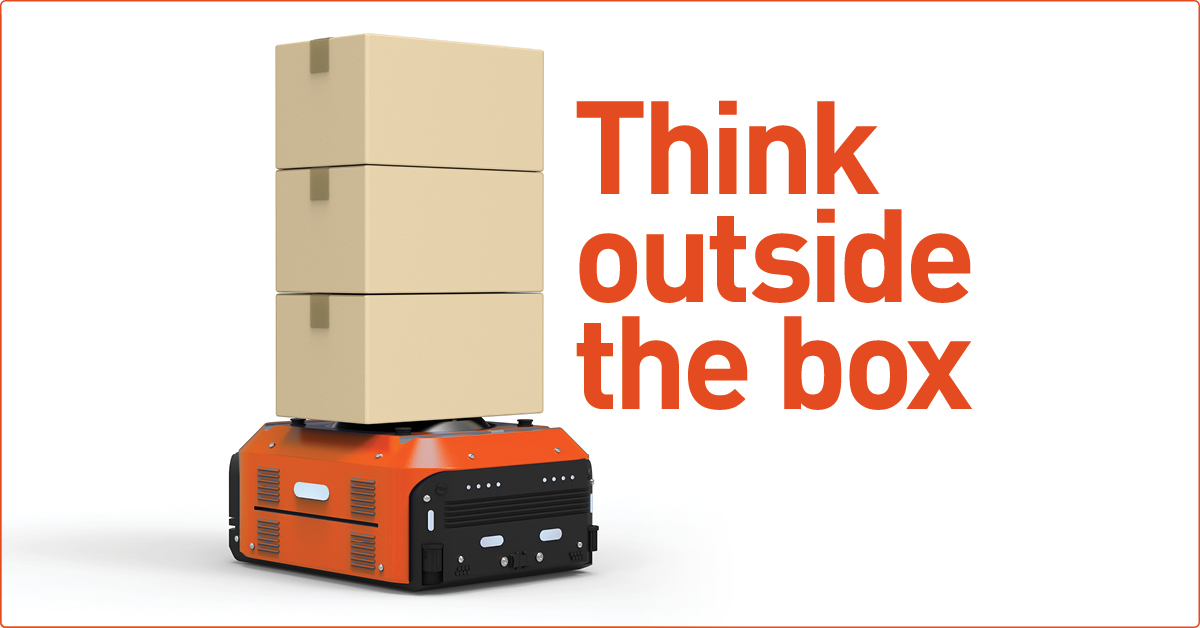In the 14 years between 1993 and 2007 the number of industrial robots in operations quadrupled. In the brief period to 2025, its expected a similar level of growth will occur. The question begs, how will Kiwi food facilities introduce more advanced automation into their operations, and when?
Automation and interconnectedness can empower industry with more effective and efficient activity on the factory floor. However, in New Zealand the pickup for large-scale automation has been historically slow. This has primarily been due to CAPEX costs.
With labour resourcing for food facilities, a challenge across New Zealand, automation is obvious part of the solution. Beyond the labour benefits and efficiencies automation brings, industry must consider the risk reduction and ability for automated operations to scale production quickly. The challenge with growing food is it takes up a lot of land and when it comes to processing it’s highly repetitive. These two aspects mean human labour is often inefficient at tending, picking, sorting, processing, and packing. Automation across the supply chain is not new but machines are now cheaper, smarter, faster, more accurate and less time consuming across a range of tasks. This means a cost effective and scalable enterprise.
“While the transition to automation is not necessarily considered easy, companies with clear leadership and strong implementation will be the ones to come out on top,” said Wiley Client Manager, Tony Johnson.
It’s been said countless times that we’ll need to feed 9 billion people by 2050. New Zealand is in a prime position to manufacture food for export with an exceptional marketing position for clean, green and sustainable products. The ability to feed the world isn’t just about scale, it’s about efficiency and that will be empowered by innovation and adoption of automation.
For the food supply chain to scale we must innovate first with a view on eliminating inefficiency so that as we scale the benefits are compounded. New systems, processes, products, and thinking are more important to the New Zealand food sector than more hectares.
“To provide our markets with more quality, more nutrition and faster, cleaner, safer, cheaper, and more sustainably, is about changing our approach. The rewards for those who adapt will outweigh the rewards for those who seek only to grow,” shared Tony.
Talk to Wiley about how you can introduce automation in your facility to increase efficiency and output.



